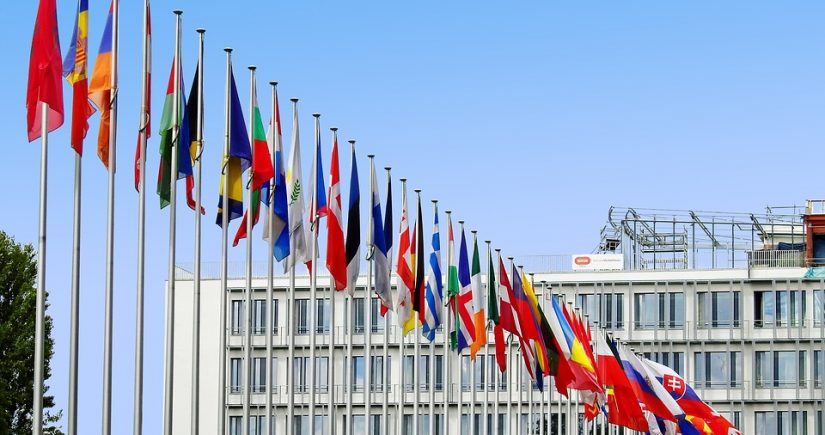CoST is working with European partners to strengthen good governance in public infrastructure at a global level. From raising demand to product development, CoST supported the European Construction Industry Federation (FIEC), the European International Contractors (EIC) and the Global Infrastructure Anti-Corruption Centre (GIACC) to create a new world-wide standard on “anti-bribery management systems”. ISO 37001 is the first international anti-bribery management system standard designed to help organisations combat bribery risk in their own operations and throughout their global value chains. It has the potential to reduce corporate risk and costs related to bribery by providing a manageable business framework for preventing, detecting and addressing bribery.
Neill Stansbury, Co-Founder and Director of GIACC and Chair of the ISO 37001 Project Committee, said: “Bribery is a significant business risk in many countries and sectors. In many cases, it has been tolerated as a ‘necessary’ part of doing business. However, increasing awareness of the damage caused by bribery to countries, organizations and individuals has resulted in calls for effective action to be taken to prevent bribery.”
Per Nielsen, industry representative on the CoST International Board and FIEC/EIC representative, said: “Now that it is available for practical use, I do hope that contractors and clients alike see the big opportunity to introduce management systems which will reduce the risk of active and passive corruption considerably…By definition, corruption/bribery needs at least two consenting parties, so that no effort would be able to achieve the envisaged aims, if measures such as those contained in the new ISO management systems standard were not used by all public and private bodies alike.”
Multi-stakeholder working, across public, private and civil society bodies, is one of the three core features of CoST which provide a global standard for transparency and accountability. Following the launch of the ISO, CoST joined forces with the European Investment Bank (EIB) to strengthen multi-stakeholder working through an international workshop. The event specifically highlighted CoST as a framework for bringing together key stakeholders, as well as creating synergies between participants’ different roles such as understanding of the local situation and technical knowledge. The workshop concluded that multi-stakeholder approaches have a greater chance of success as they able to build on the greater transparency ensured by the commitments taken by all parties.
In an official letter signed by lan Willem van der Kaaij, Inspector General, Inspectorate General Directorate, Hakan Lucius, Head of the Stakeholder Engagement, Transparency and Civil Society Division, and, Neil Valentine, Head of the Strategic Roads Division, the EIB said: “We would like to congratulate the CoST Ukraine Programme on the recent publication of its first Assurance Report, much appreciated by the Bank’s Kiev Office. Furthermore, the EIB fully recognises CoST’s willingness to promote good governance, transparency and integrity. We recognise the valuable work being done by CoST in a number of jurisdictions in which EIB is also active and we look forward to our continued fruitful exchanges.”
CoST will continue to work with the EIB and other global partners to increase the uptake on anti-bribery standards and cross-sector collaborations. To find out more about our work on the ground, please visit the CoST Ukraine website.
